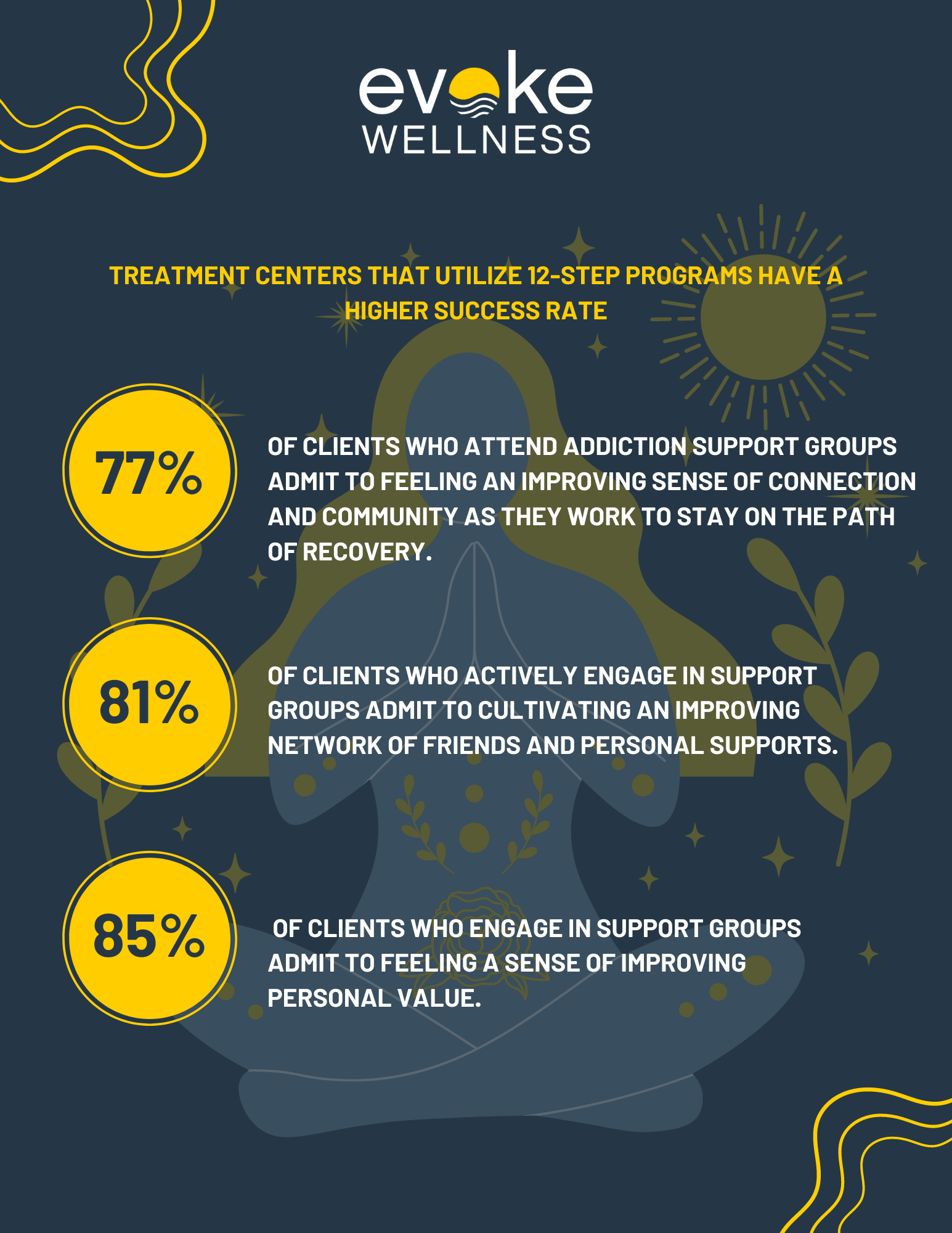As you embark on the journey of recovery from addiction, it can often feel lonely and isolating. While the physical, mental, and spiritual dimensions of healing are critical, the fourth dimension—community—is just as vital. In holistic therapy, building bonds with others who understand your struggles provides hope, accountability, and the empathy you need. Surrounding yourself with a supportive community reinforces that you are not alone. Their experiences help validate yours, while their encouragement propels you forward. This community becomes an extended family, committed to lifting you up on the hard days and celebrating milestones with you. Lean on them, and let them lean on you. Together, you’ll discover that the path of recovery is smoother when you don’t walk it alone.
What Does a Holistic Therapist Do?
Comprehensive Care
A holistic therapist takes a whole-person approach to care. They look beyond surface symptoms to understand the root causes driving addiction and co-occurring mental health issues. Through a blend of evidence-based practices and complementary therapies, they develop personalized treatment plans.
Mind-Body Healing
Holistic therapy programs incorporate a range of mind-body practices like meditation, yoga, art therapy and nutrition counseling. These techniques promote self-awareness, stress relief and overall well-being – key elements for sustainable recovery.
Community Building
Creating a sense of belonging is vital. Holistic therapists facilitate group sessions, alumni programs and sober recreational activities. This fosters supportive bonds, accountability and life skills development within a like-minded community.
Continuing Support
Recovery is an ongoing journey. Holistic therapists provide guidance on relapse prevention, lifestyle changes and community resources. Their role extends beyond initial treatment to bolster long-term success.
What Is an Example of a Holistic Therapy Medicine?
Mindfulness Meditation
Mindfulness meditation is a holistic mind-body practice rooted in ancient Buddhist traditions. It involves focusing one’s attention on the present moment and cultivating awareness of thoughts, emotions and bodily sensations. This simple yet profound technique has been shown to reduce stress, anxiety and depression.
Art Therapy
Art therapy utilizes the creative process of making art to explore feelings, reconcile emotional conflicts, foster self-awareness, manage addictions and develop social skills. Creating art in a supportive environment provides an outlet for non-verbal expression and communication. Common art therapy activities include drawing, painting, sculpting and collage.
Yoga Therapy
Yoga combines physical postures (asanas), breathing exercises (pranayama), meditation and a mind-body philosophy. Yoga therapy tailors these practices to help individuals facing physical or mental health challenges manage their condition. Gentle yoga can promote healing, restore balance and enhance quality of life.
Holistic Therapy Treatment Benefits
Whole-Person Healing
Holistic therapies aim to heal the whole person – mind, body and spirit. Rather than just treating addiction’s symptoms, these approaches address underlying issues driving the behavior. Practices like meditation, yoga, art therapy and nutrition counseling empower you to develop self-awareness, coping skills and a healthier lifestyle.
Sustainable Recovery
Addiction recovery is an ongoing process requiring lifelong management. Holistic therapies provide versatile tools you can use wherever you are on your journey. The self-care practices build resilience to prevent relapse and maintain long-term sobriety. With a holistic foundation, you have greater capacity to create the life you want in recovery.
Individualized Treatment
There is no one-size-fits-all solution for addiction. Individual Therapy allows for personalized treatment plans tailored to your unique needs, issues and goals. An integrative approach utilizes therapies from multiple disciplines, so care is comprehensive and dynamic as your situation evolves.
Holistic Healing Therapy Techniques
EMDR Therapy
Eye Movement Desensitization and Reprocessing (EMDR) is a holistic approach that helps process traumatic memories. During EMDR sessions, you recall distressing events while receiving bilateral sensory input like side-to-side eye movements or hand tapping. This allows the memories to be processed adaptively.
Acceptance and Commitment Therapy
Acceptance and Commitment Therapy (ACT) combines mindfulness skills with commitment and behavior-change strategies. You’ll learn to accept difficult thoughts and emotions, while clarifying values to guide committed action. ACT helps increase psychological flexibility to handle challenging situations.
CBT and DBT
Cognitive Behavioral Therapy (CBT) focuses on identifying and changing inaccurate or negative thinking patterns. Dialectical Behavior Therapy (DBT) draws from CBT while incorporating strategies like mindfulness and emotional regulation. Both CBT and DBT provide structured, skills-based approaches for improving mental health.
With a range of holistic, evidence-based therapies available, you can work with professionals to determine which approach resonates best for your healing journey. Exploring these integrative mind-body techniques can facilitate deep personal growth.
The 4th Dimension of Recovery Is Community
A Holistic Approach
Recovery from addiction is a multifaceted journey that extends far beyond simply abstaining from substance use. A truly holistic approach recognizes that building a strong, supportive community is the vital fourth dimension to successful long-term recovery.
The Power of Connection
Isolating oneself and disconnecting from others is a hallmark of active addiction. Breaking this cycle of loneliness and creating authentic connections is paramount. Treatment centers that utilize 12-step programs have a higher success rate. Through shared experiences in group therapy, 12-step meetings, or sober living homes, the power of community can help:
- Foster accountability and motivation
- Provide wisdom from those further along the path
- Celebrate milestones and reinforce positive behaviors
More Than Just Support
However, community is more than just a support system – it’s about belonging. 85% of clients who engage in support groups admit to feeling a sense of improving personal value. 81% of clients who actively engage in support groups admit to cultivating an improving network of friends and personal support. And 77% of clients who attend addiction support groups admit to feeling an improving sense of connection and community as they work to stay on the path of recovery. Finding one’s “tribe” of like-minded individuals striving for the same goals nurtures purpose, acceptance and reciprocal empowerment. This community becomes a safe haven to rebuild identity, find meaning and continually grow throughout recovery’s ups and downs.

Holistic Therapy Program FAQs
What is holistic therapy?
Holistic therapy takes a whole-person approach to addiction recovery. It combines traditional treatments like counseling and medication with complementary therapies focused on healing the mind, body and spirit. This multi-dimensional approach aims to address the root causes behind substance abuse.
What therapies are included?
Our holistic program incorporates evidence-based practices like meditation, yoga, art therapy, nutritional counseling and more. These support addiction recovery by reducing stress, improving self-awareness and promoting overall wellness.
Who can benefit?
Holistic therapies can benefit anyone struggling with substance use disorders or co-occurring mental health issues. The integrated approach meets people where they are and supports long-term, sustainable healing.
How is it different?
Unlike conventional models that primarily treat substance abuse symptoms, holistic programs create personalized recovery plans. These address the physical, psychological, social and spiritual factors contributing to addiction. This comprehensive strategy empowers individuals to build a strong foundation for lifelong recovery.
Conclusion
As you journey on the road to recovery, remember that you do not walk alone. Seek out others who understand your struggles and can support you. Find or build a community where you feel safe, accepted, and empowered. Share your story, lend a listening ear, and open your heart. The connections you form will nurture you now and sustain you later. Though the path is yours to walk, you need not walk it in solitude. Take comfort in knowing there are fellow travelers who will walk beside you. You have the inner strength to heal and transform your life. With community, you gain the wisdom, empathy and encouragement to keep moving forward, one day at a time.
Begin Your Journey with Evoke Wellness at Miramar
If you or a loved one is considering treatment, Evoke Wellness at Miramar invites you to contact us. Our compassionate team is ready to answer your questions, discuss your needs, and help you take the first steps toward recovery. In Miramar, you’ll find more than just a treatment program – you’ll discover a community dedicated to your wellness and success. Together, let’s embrace the journey to recovery and the promise of a new beginning. Call us at (833) 819-6066 today or reach out online.


